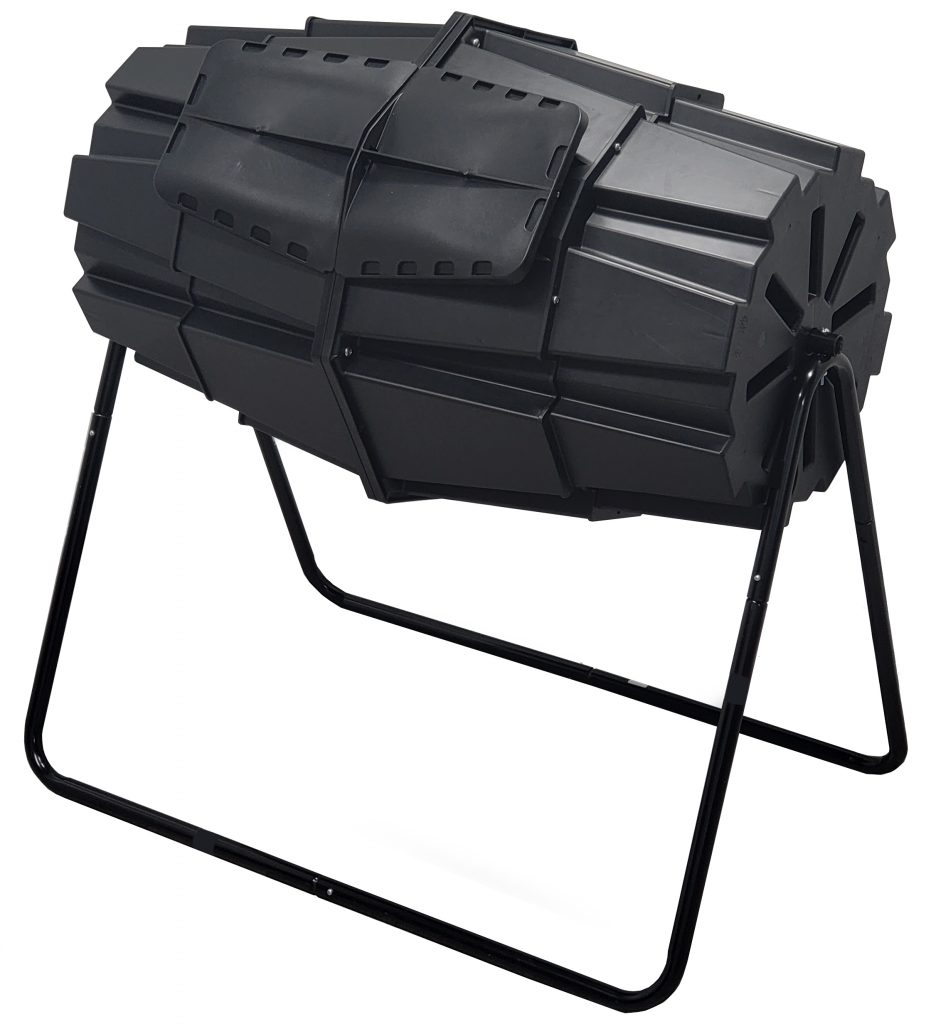Compost enriches the soil by conditioning it to foster healthy plant growth. Similar to peat moss, compost helps soil retain oxygen, nutrients, and natural antibiotics to help plants resist disease. Compost also helps soil retain water, which conserves water by reducing the need for excess watering. By amending soil with all-natural compost, homeowners can enjoy fertilizer-free and chemical-free lawns and gardens. Composting is also a significant component of municipal waste reduction. About half of collected household refuse is compostable organic material. Sending organic waste to landfill squanders its many potential benefits and contributes to environmental problems like water table contamination and greenhouse gasses. Backyard composting combined with recycling, curbside organic recycling, and yard waste collection programs result in up to 85% less ‘garbage’ collected, transported, processed, and sent to landfill. Composting doesn’t just help save the planet, it helps save your tax dollars too!

